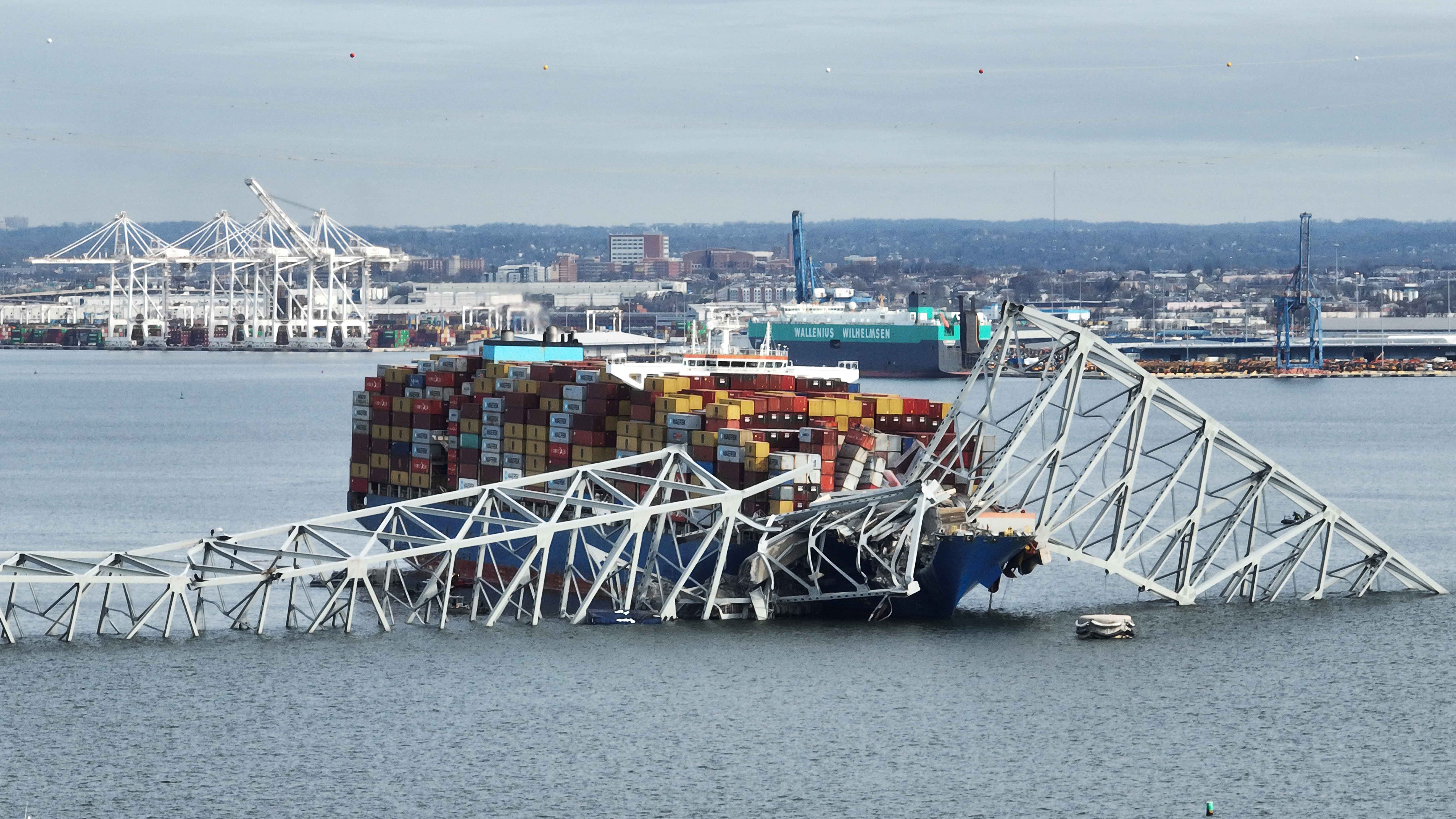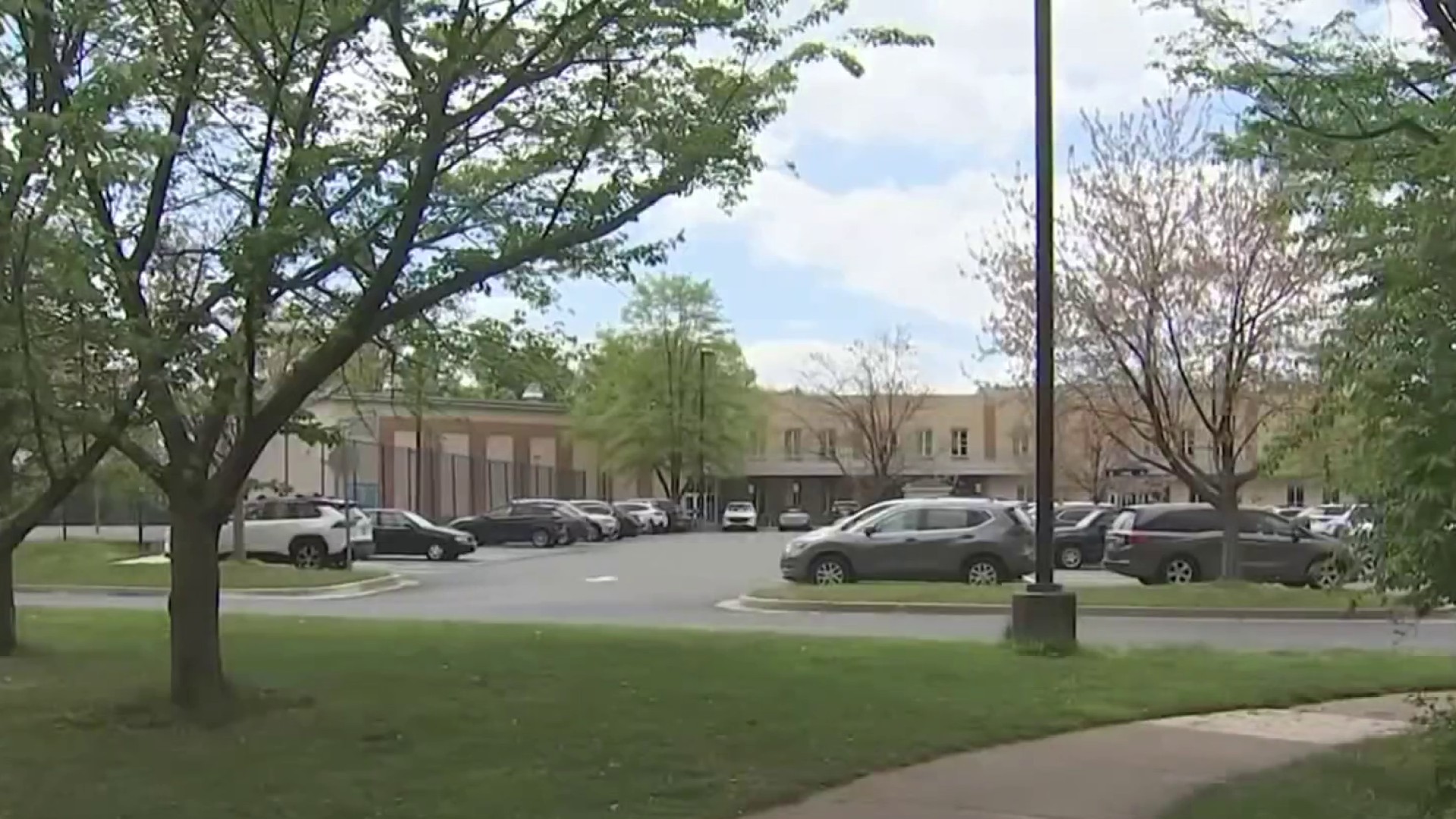There have been several surprises since Vincent Gray was elected mayor last month.
In the current budget debate, he has proven to be a more aggressive spending-slicer than Adrian Fenty, and he has taken a decidedly un-Democratic stance on tax increases. And while he ousted schools chief Michelle Rhee as expected, her interim -- and perhaps permanent -- successor is a Rhee protégé.
Gray has also made some good hiring moves. On Wednesday, he tapped the aggressive and hard-working Allen Lew to be city administrator. Lew will be a solid asset as Gray tries to run the city on less. He also named Gerri Mason Hall to be his chief of staff. While her main plus is that she is not Reuben Charles -- Gray dodged a bullet there -- Hall comes from the business world and will help Gray with the District’s skeptical business community.
Unfortunately, all this good news was blemished by Gray’s decision to get rid of Department of Transportation Director Gabe Klein.
Klein’s firing -- he made it clear Wednesday that he was asked to resign, and did not choose to -- was inevitable. Gray and Klein have not had a substantial conversation since September, and after a primary where “bike lanes” became code for “elites," Klein became a living symbol of the man Gray defeated. So far, Gray’s agenda has been Fentyism with a kinder face -- but someone had to go.
It’s a shame. Klein had a genius for understanding the needs of a compact, dense, and growing professional city, and what would need to be done in the long term to keep it efficient and thriving. That meant more public transit, amenities to encourage downtown professionals to walk a few blocks rather than grab a cab, the revival of streetcars -- and yes, bike lanes.
Klein seemed pessimistic Wednesday about the future of DDOT. He said the D.C. Council’s decision to alter the agency’s funding procedures would “fundamentally change the way this agency operates, from an enterprise agency to more of a more standardized, traditional government agency, with more central decision making downtown and more administration.” While he had not intended to quit, he suggested he might not have wanted to stay under the new arrangement.
Local
Washington, D.C., Maryland and Virginia local news, events and information
Klein leaves the city a better place. As he told TBD a few weeks ago, “I feel like we’ve made great changes. Just walking around the city or riding around the city on my bike, I see 40 or 50 new Bikeshare bikes everywhere. … People coming up to me saying, ‘This is the most amazing thing I’ve ever seen.’ So I feel like, hey, if I do leave, maybe that’ll be my legacy.”
The Washington Post’s Dr. Gridlock columnist Robert Thomson writes, “I think he'll wind up being remembered as a administrator who pushed the District toward the mainstream of urban transportation policy. There's nothing radical in the bike lanes program, or the streetcar program or the street-parking program, or the pedestrian safety program. What looked to us here like cutting-edge programs would seem like catch-up to people in other big cities.”
Klein was in some respects the most Fenty-like of Fenty’s team. He reveled in new ideas and big proposals, and loved technology. He was less adept at communicating his ideas to the community, particularly those outside of the District’s wealthier areas. And like the man who hired him, that led to his downfall.
Follow P.J. Orvetti on Twitter at @PJOinDC



